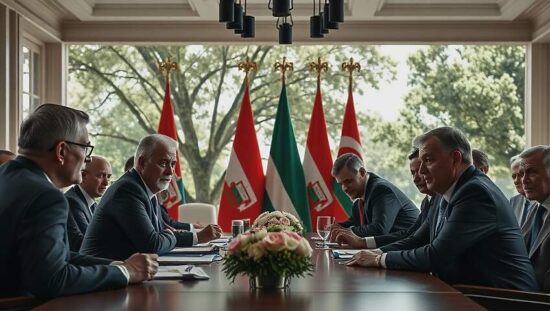Negotiations surrounding the potential conclusion of the war in Ukraine remain shrouded in complexity, with significant details largely undisclosed to the public. The White House has indicated a necessity for further dialogue involving Ukraine, Russia and the United States to formulate a comprehensive peace agreement.
Kyiv, while acknowledging a general alignment with a U.S. proposal, cautioned that substantial work remains to be done. President Zelenskyy is reportedly pushing for an expedited return to Washington within the coming days, aiming to finalize remaining steps and achieve a definitive accord. This urgency suggests a desire to leverage U.S. political support, potentially signaling a growing impatience with the protracted negotiation process.
Moscow, however, is signaling potential resistance. Russian Foreign Minister Sergei Lavrov hinted at a possible rejection of a revised U.S. peace plan if its conditions deviate significantly from the framework established during the 2019 summit between then-President Trump and Vladimir Putin in Alaska. This reference highlights a core contention: Russia’s expectation of maintaining previously secured advantages, potentially undermining any concessions Ukraine might be pressured to make. The Alaskan meeting, often viewed as a success for Russia in securing agreements on Arctic territories and strategic partnerships, serves as a baseline for Moscow’s current demands.
European nations are playing a delicate balancing act, actively attempting to influence the trajectory of the negotiations. A “coalition of the willing” convened Tuesday afternoon, ostensibly to facilitate the process, but also to prevent what they perceive as potentially excessive concessions to Russia. A prior phone conversation between Friedrich Merz and President Zelenskyy yielded no publicly released specifics, reinforcing the opacity surrounding these high-level discussions. The fear amongst European leaders appears to be a scenario where a rapid, U.S.-driven agreement could bypass their concerns and solidify Russian gains, potentially destabilizing the broader European security architecture. The absence of transparency around this complex interplay of political objectives raises questions about the true nature of the compromise being sought and the long-term implications for regional stability.





